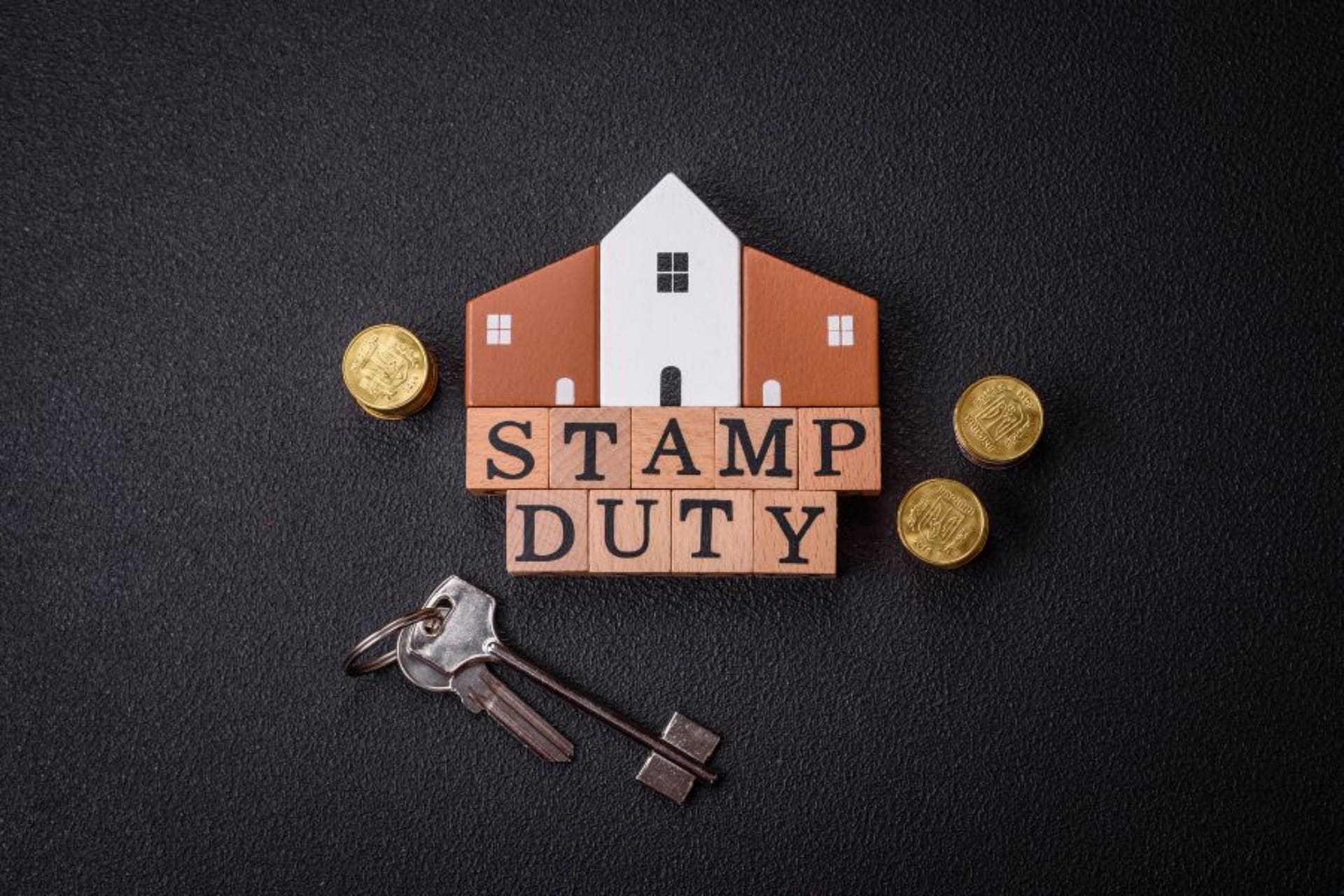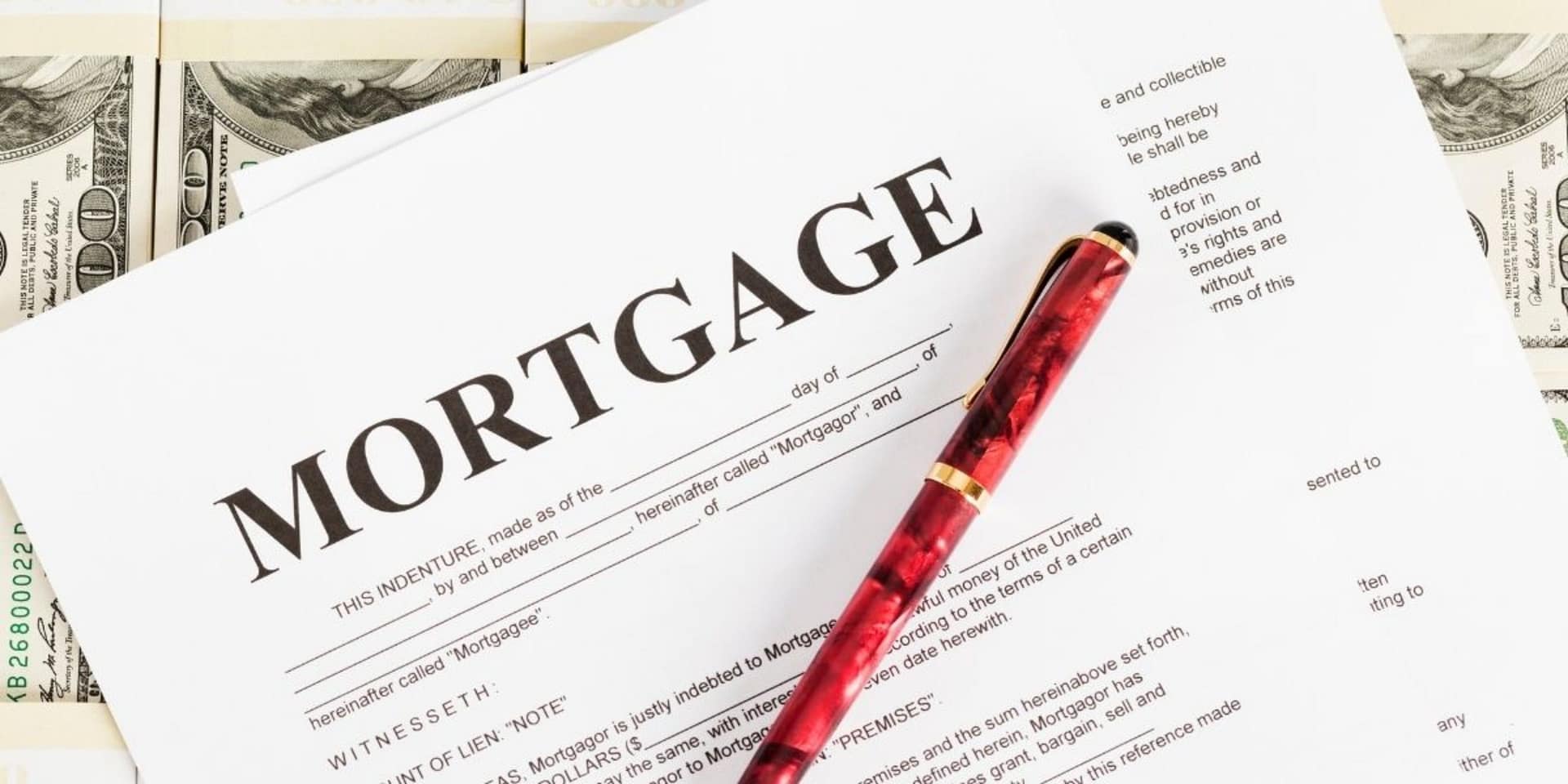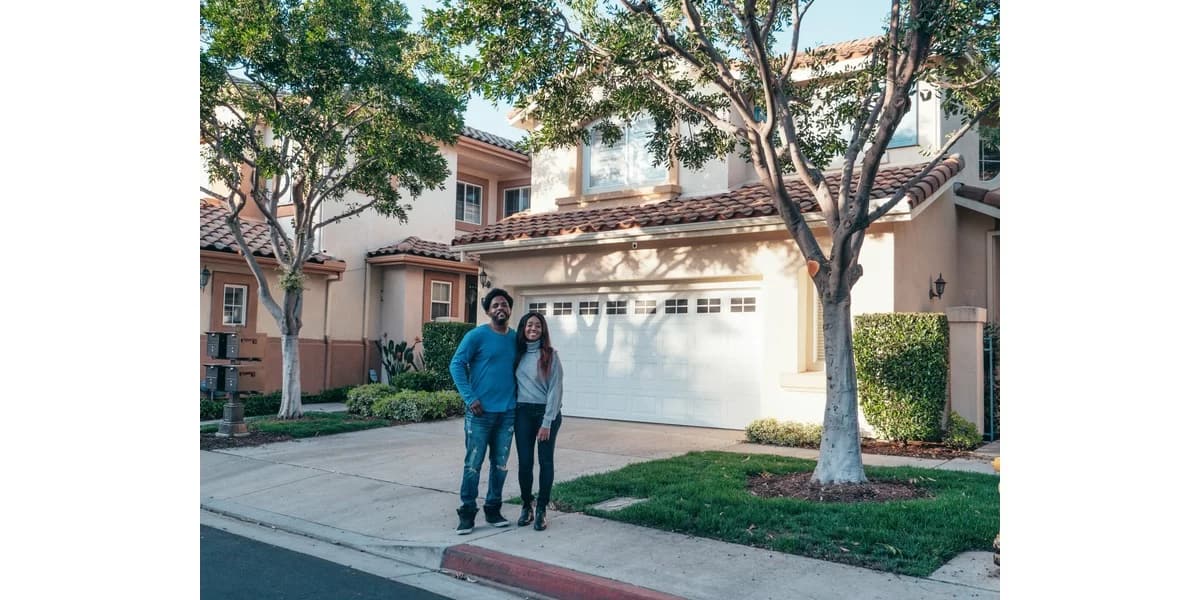The Australian property market continues to be a topic of significant discussion, with fluctuating interest rates and varying property values shaping the landscape. A central question for many Australians is whether to rent or buy a home, particularly in the diverse Queensland market. This analysis examines recent data and trends to provide prospective buyers and renters with a comprehensive overview.
Table of Contents
ToggleFinancial Considerations
Purchasing a Home
Buying a home is indeed a major financial undertaking. The costs involved are not limited to the purchase price alone but include a variety of other financial responsibilities:
- Initial Costs: These encompass the down payment (usually 10-20% of the home’s price), closing costs (around 2-5% of the mortgage), and appraisal and inspection fees.
- Ongoing Expenses:
- Property Taxes: These vary by location but typically range from 0.5% to 2.5% of the property’s value annually.
- Maintenance Costs: Homeowners should budget approximately 1% of the property’s value each year for maintenance.
- Insurance: Homeowner’s insurance averages between $300 and $1,000 annually, depending on the property value, location, and coverage.
- Homeowners Association (HOA) Fees: If applicable, these fees can range from $200 to $400 per month.
Also read: Mastering Distressed Property Purchase in Australia
Renting a Home
Renting generally offers more predictability in monthly expenditures, primarily if your lease includes utilities. The financial aspects of renting include:
- Monthly Rent: This is often the sole major expense for renters, which can fluctuate based on location and market conditions. The national average rent for a one-bedroom apartment ranges from $1,000 to $2,000 per month, depending on the area and amenities.
- Security Deposit: Typically equivalent to one month’s rent, this is paid upfront and potentially refundable at the end of the leasing period.
- Utilities: If not included in the rent, utilities may cost an additional $100 to $300 per month, based on personal consumption and the size of the rental unit.
Financial Flexibility and Freedom
Renting can offer greater flexibility, especially for those who may need to move frequently for work or personal reasons. The financial commitment is generally shorter-term, and renters avoid the market risk associated with property ownership. Conversely, buying a home is a long-term investment that can potentially offer financial gains through property appreciation but requires a more substantial initial financial commitment and ongoing financial responsibilities.
Also read: 10 Tips on Buying Your First Investment Property in Australia
Lifestyle and Flexibility
Lifestyle choices also play a critical role in this decision. Renting offers more flexibility, which is ideal for those who prefer not to commit to a single location or anticipate changes in their job or personal life that might require them to move. Homeownership, however, provides a sense of stability and the freedom to modify the property to suit personal tastes and needs.
Long-Term Investment
From an investment perspective, buying a house can potentially offer long-term financial benefits. Historically, real estate in Australia has appreciated over time, which can result in significant capital gains. For those looking at a long horizon, buying might be the better option, especially if they are investing in areas with projected growth in property values.
Also read: The Art of Buying Multiple Investment Properties
The Verdict
So, is it better to rent or buy a house in Australia? The answer is not straightforward and depends largely on individual circumstances, including financial stability, lifestyle preferences, and long-term goals. Prospective buyers should consider current local market conditions, particularly in places like Queensland, where the dynamics might differ significantly from other regions.
For those uncertain about their long-term plans or financial outlook, renting may be safer and more flexible. However, for individuals with stable careers and a clear life plan, investing in a home could provide a place to live and a lucrative asset in the years to come.
Conclusion
Whether to rent or buy is a decision that requires careful consideration of both personal circumstances and broader market conditions. Consulting with real estate experts and financial advisors can also provide guidance tailored to individual needs, ensuring that the decision to rent or buy aligns with personal and financial objectives.
Explore Your Property Options in Australia with Expert Guidance
Deciding whether to rent or buy a house in Australia is significant. At CJC Law, we’re here to provide you with professional advice tailored to your unique circumstances. Don’t navigate this decision alone. Contact us today to schedule a consultation and discuss your property options. Together, we can make the path to your new home clear and confident. Reach out to CJC Law buyer’s conveyancers now—where your future home awaits.




